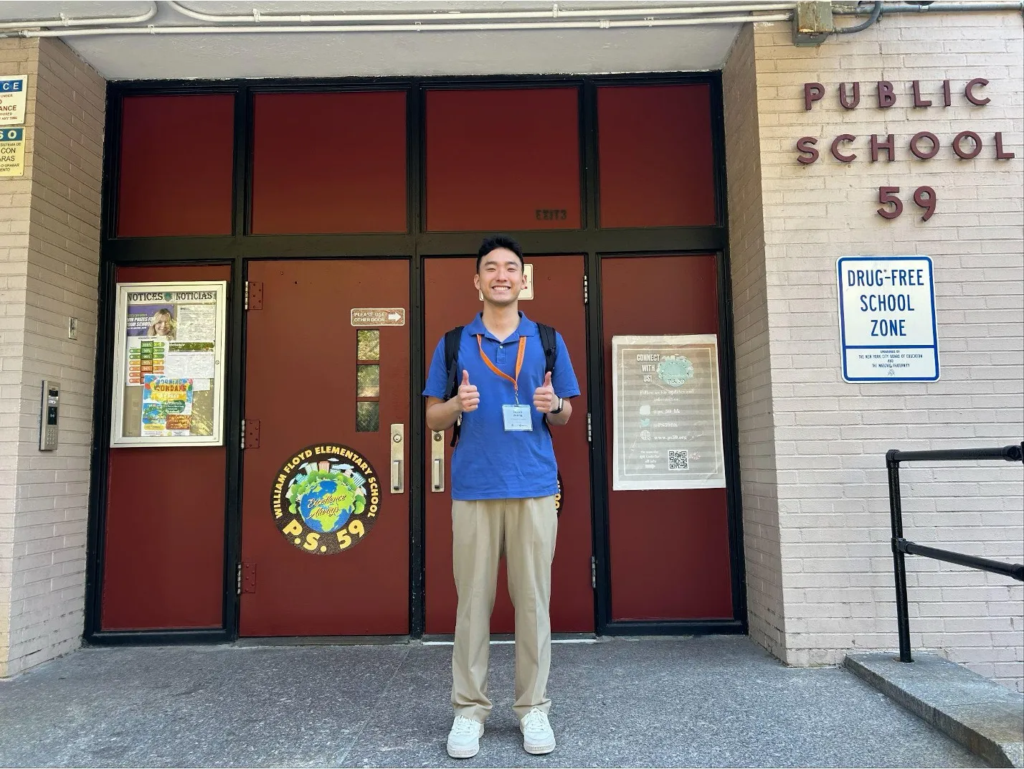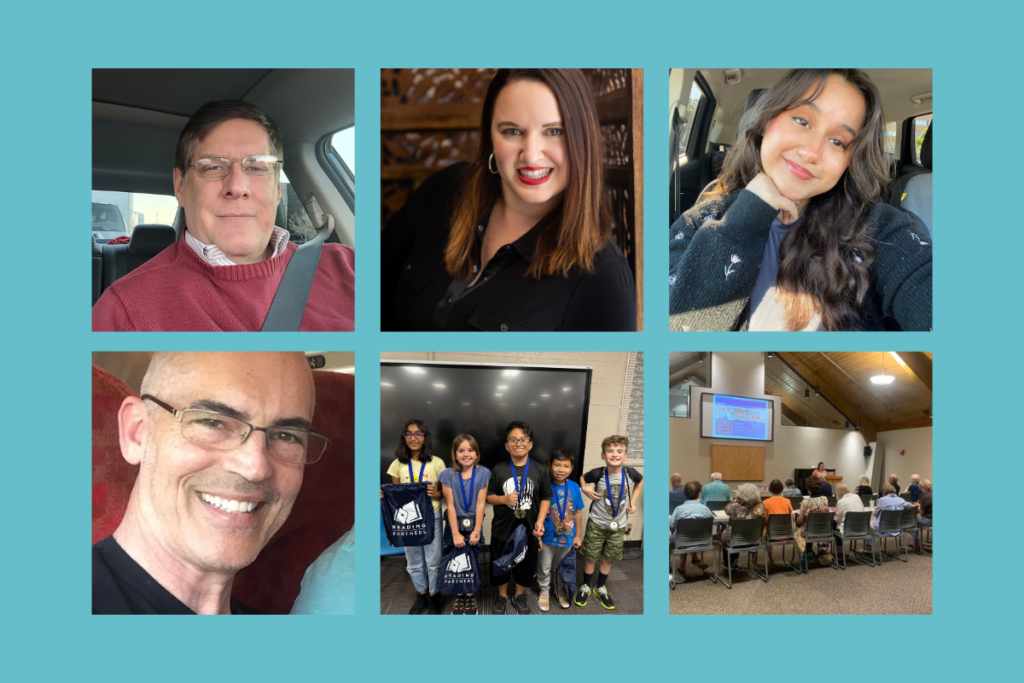Confidence grows as a child builds her learning skills
November 25, 2010
When she entered the fourth grade at Kennedy Elementary School in San Jose, Erika Arciniega was shy and would whisper when she read a book aloud in class. At the time, she was reading at only a second-grade level — well behind most of her classmates.
Now, the 9-year-old girl is in fifth grade and has very nearly caught up with her class in reading skills. While still shy — particularly around strangers — she now has no problem reading aloud and has tackled such books as Shel Silverstein’s classic “A Light in the Attic.” One recent school day at Kennedy Elementary, she was reading a new favorite — James Preller’s “The Case of the Mummy Mystery,” part of the “Jigsaw Jones Mystery” series of books — and rarely stumbled over the words.
What kick-started Erika’s skills was Reading Partners, a South Bay-based nonprofit dedicated to improving the literacy levels of low-income students by matching them with volunteer tutors.
During the current school year, the Reading Partners program will help 1,025 students at 22 schools throughout the Bay Area, setting up reading labs at each school and bringing in more than 1,200 volunteers to work with young people on comprehension, fluency, expression and the sheer joy of reading. Volunteers range from retirees to high school students.
At Kennedy Elementary, where the program is now in its second year, the reading lab is a clean, bright room loaded with books. Like Erika, 30 students spend 90 minutes a week working one on one with more than 25 volunteers, including Joyce Gonzales, a mother of two who works from home but still finds time to volunteer in the community.
“The most important thing is that it’s structured learning,” says Gonzales, who began her work with Erika earlier this year. “And Erika has really benefited from it.”
Armando Duarte, the site coordinator for the Reading Partners program at Kennedy, is particularly proud of Erika’s improvement, which he says goes beyond simply reading. “She’s now a lot more outgoing in terms of just talking to people. It’s given her confidence,” he says.
Duarte adds that the reading skills of every student who has come through the program have improved quickly.
“We can have students work on a specific skill for an entire week,” Duarte says. “The teachers here do a fine job, but they can’t hold up the entire class to work on that one skill with one student.”
Duarte has a special insight into the help Reading Partners is bringing to the school. He graduated from Kennedy (“some of my teachers are still here”) and eventually went on to graduate from UC Santa Cruz. He still lives within walking distance of the school. “In many ways, it’s come full circle for me,” Duarte says.
Equally enthusiastic about the program is Linda Barker, the principal of Kennedy Elementary.
“It is so powerful and so supportive,” Barker says. “And it contributed immeasurably to our recent successes in raising the test scores” at the school.
“It’s just such a wonderful program,” she says. “I just wish every school had it.” Wish Book readers can help bring the program to more schools — there is currently a waiting list of 33 schools in the Bay Area — and more students like Erika. A donation of $25 will add five new books to the Read Aloud Library at one of the schools; $50 covers the cost of program materialfor one student for an entire year. A gift of $250 will pay for updating the curriculum at one school site for the entire year.
And any donation will help bring more smiles to the faces of students like Erika, who quietly nods and smiles when asked whether her work with Gonzales has helped with her school work. And is it fun?
“Oh, yes,” says Erika with an even brighter smile.
–Charlie McCollum, Mercury News



